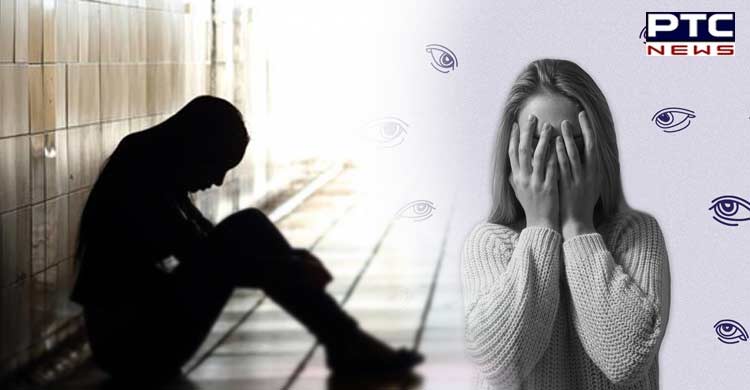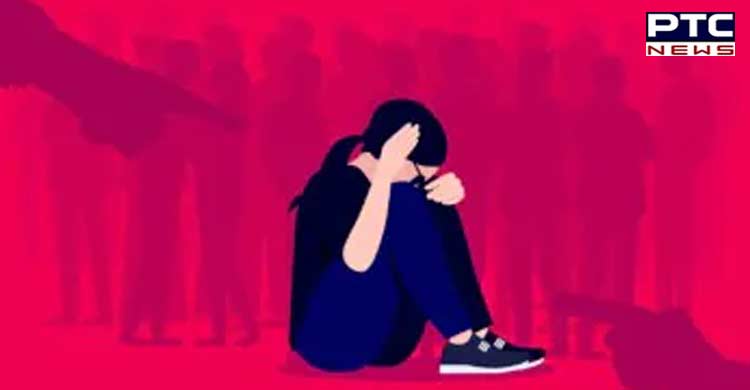

Do loneliness, social anxiety have different neural states? Here's what experts believe
Social anxiety disorder also known as social phobia is a type of anxiety disorder that creates extreme fear in social settings. People with social anxiety disorder face trouble and anxiety while talking to people, meeting new people, attending social gatherings and meetings and fear being judged by others.
 Loneliness is the type of feeling which means a lack of love and company. According to new research, despite similar symptoms, loneliness and social anxiety are driven by different brain states.
Loneliness is the type of feeling which means a lack of love and company. According to new research, despite similar symptoms, loneliness and social anxiety are driven by different brain states.
 Also Read :UK reports first death from 'Lassa fever', sparks concern
According to the study, titled "Behavioral and Neural Dissociation of Social Anxiety and Loneliness", published in 'JNeurosci', loneliness can have negative effects on physical and mental health, but unlike other illnesses, there are currently few behavioural therapies for loneliness. Lieberz et al. compared how participants with social anxiety and high and low loneliness reacted in a social gambling assignment to see what was at the root of these two conditions.
Also Read :UK reports first death from 'Lassa fever', sparks concern
According to the study, titled "Behavioral and Neural Dissociation of Social Anxiety and Loneliness", published in 'JNeurosci', loneliness can have negative effects on physical and mental health, but unlike other illnesses, there are currently few behavioural therapies for loneliness. Lieberz et al. compared how participants with social anxiety and high and low loneliness reacted in a social gambling assignment to see what was at the root of these two conditions.
 Participants played a computer game in which they had the option of making a safe bet and winning a smaller amount of money or taking a riskier wager and winning a greater sum. They watched a video of a simulated human expressing support or displeasure if they took the riskier bet.
People with social anxiety took the safe bet more often and tend to avoid social media. People with a high level of loneliness did not show social avoidance. The researchers discovered that people with social anxiety had increased amygdala activation during the decision phase — a sign of heightened anxiety — and reduced nucleus accumbens activation during the feedback phase — a sign of reduced social reward — by using fMRI to track their brain activity during the task.
Participants played a computer game in which they had the option of making a safe bet and winning a smaller amount of money or taking a riskier wager and winning a greater sum. They watched a video of a simulated human expressing support or displeasure if they took the riskier bet.
People with social anxiety took the safe bet more often and tend to avoid social media. People with a high level of loneliness did not show social avoidance. The researchers discovered that people with social anxiety had increased amygdala activation during the decision phase — a sign of heightened anxiety — and reduced nucleus accumbens activation during the feedback phase — a sign of reduced social reward — by using fMRI to track their brain activity during the task.
 Also Read: Bedtime media use 'harmful' for sleep: Study
Neither activity pattern appeared in people with high loneliness, indicating loneliness is a unique condition requiring its own interventions.
-PTC News
Also Read: Bedtime media use 'harmful' for sleep: Study
Neither activity pattern appeared in people with high loneliness, indicating loneliness is a unique condition requiring its own interventions.
-PTC News
